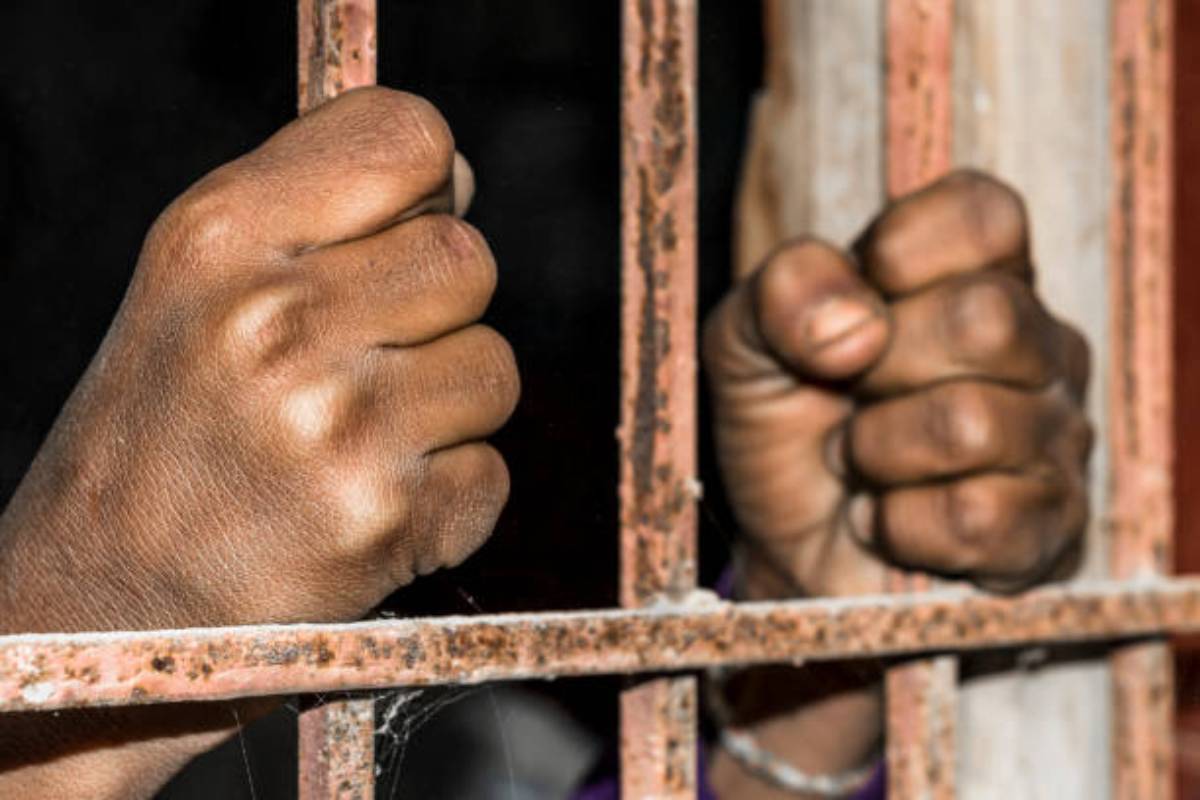NIA approaches MHA for shifting gangsters to Andaman and Nicobar Islands
Sources said that the NIA had previously requested the transfer of 25 gangsters from North Indian jails to southern states in a letter to the MHA.
The new Act provides for use of technology like video conferencing, and can serve as a guiding document for States for adoption in their jurisdiction.

[Representational Photo]
Considering the antiquity of the existing Prisons Act, 1894, the Ministry of Home Affairs (MHA) has finalised a comprehensive Model Prisons Act, 2023 which provides for use of technology like video conferencing, and can serve as a guiding document for States for adoption in their jurisdiction.
The Model Act provides for punishment for prisoners and jail staff for use of prohibited items like mobile phones in jails.
The present Prisons Act, 1894 is a pre-Independence era Act and is almost 130 years old. The Act mainly focuses on keeping criminals in custody and enforcement of discipline and order in prisons. There is no provision for reform and rehabilitation of prisoners in the existing Act.
Advertisement
The model Act has been prepared by MHA on the basis of a draft prepared by the Bureau of Police Research and Development which held wide-ranging discussions with State prison authorities and correctional experts.
Along with The Prisons Act, 1894, The Prisoners Act, 1900 and The Transfer of Prisoners Act, 1950 have also been reviewed by the Ministry of Home Affairs and relevant provisions of these Acts have been assimilated in the Model Prisons Act, 2023.
The state governments and Union territory administrations can benefit from the Model Prisons Act, 2023 by adopting it in their jurisdictions, with such modifications which they may consider necessary, and repeal the existing three Acts in their jurisdictions.
The Model Prisons Act has provision for use of technology in prison administration with a view to bring transparency in prison administration. There are provisions for video conferencing with courts, scientific and technological interventions in prisons.
The model Act provides for security assessment and segregation of prisoners, individual sentence planning; grievance redressal, prison development board, attitudinal change towards prisoners; and separate accommodation for women prisoners and transgenders.
The Act has provisions regarding establishment and management of high security jail, open jail (open and semi open), protecting the society from the criminal activities of hardened criminals and habitual offenders and for legal aid to prisoners, provision of parole, furlough and premature release to incentivise good conduct. There is focus on vocational training and skill development of prisoners and their reintegration into the society.
MHA took note that an altogether new perspective had evolved about prisons and prison inmates, globally. Prisons today are not looked as places of retributive deterrence but are considered as reformative and correctional institutions where the prisoners are transformed and rehabilitated back into society as law abiding citizens.
As per the provisions of the Constitution of India, “prisons and persons detained therein” is a State subject. The responsibility of prison management and prisoners administration solely vests with State Governments who alone are competent to make appropriate legislative provisions in this regard.
However, given the critical role that efficient prison management plays in the criminal justice system, the Government of India attaches high degree of importance to supporting the States/UTs in this regard.
Over the past few years, the Ministry of Home Affairs (MHA) noted that there are several lacunae in the existing Prisons Act, which regulates the prison administration in the States and Union territories, with the exception of few States which have enacted new Prisons Acts.
Besides the conspicuous omission of the correctional focus in the existing Act, a need was felt to revise and upgrade the Act in tune with modern day needs and requirements of prison management.
Advertisement